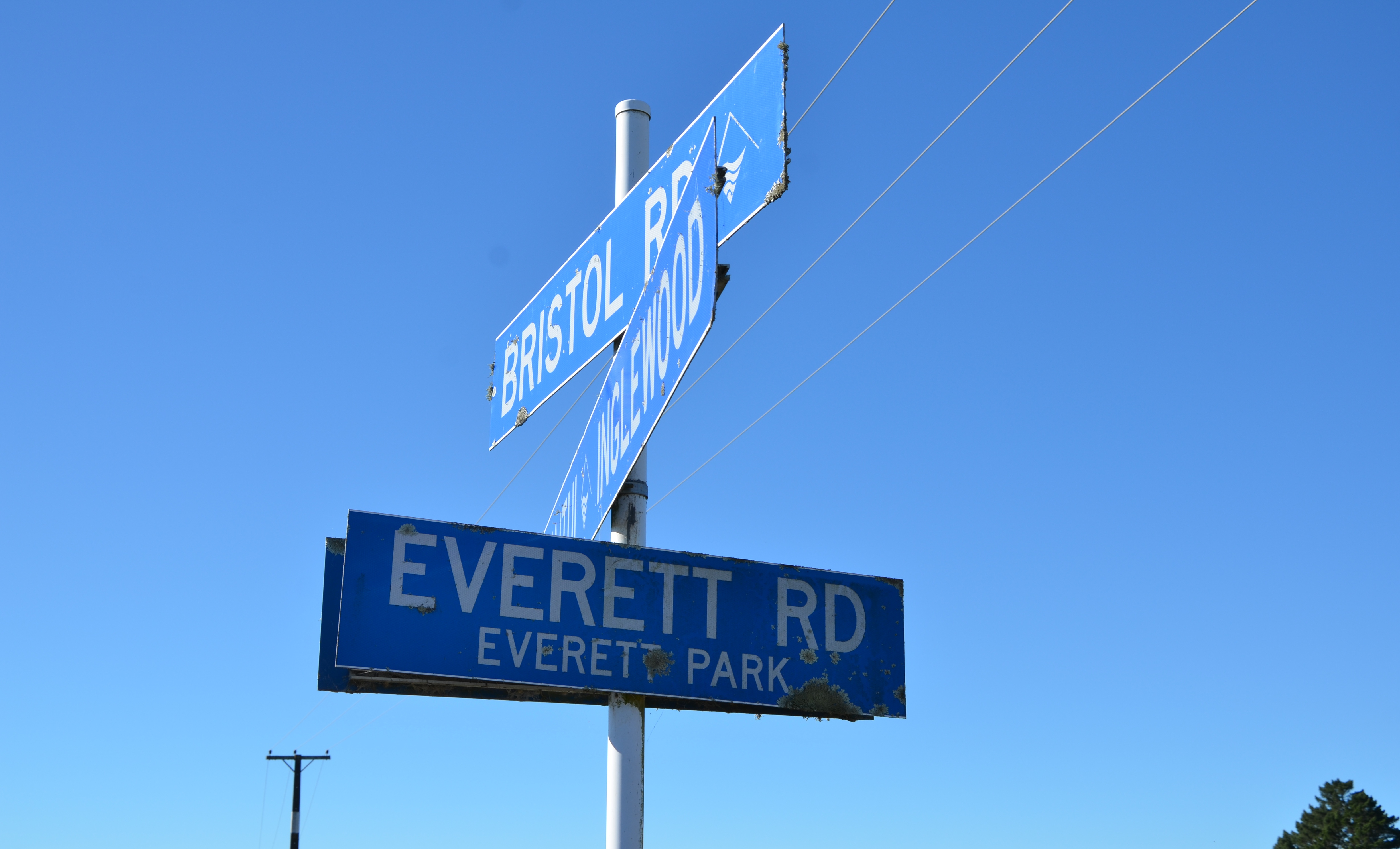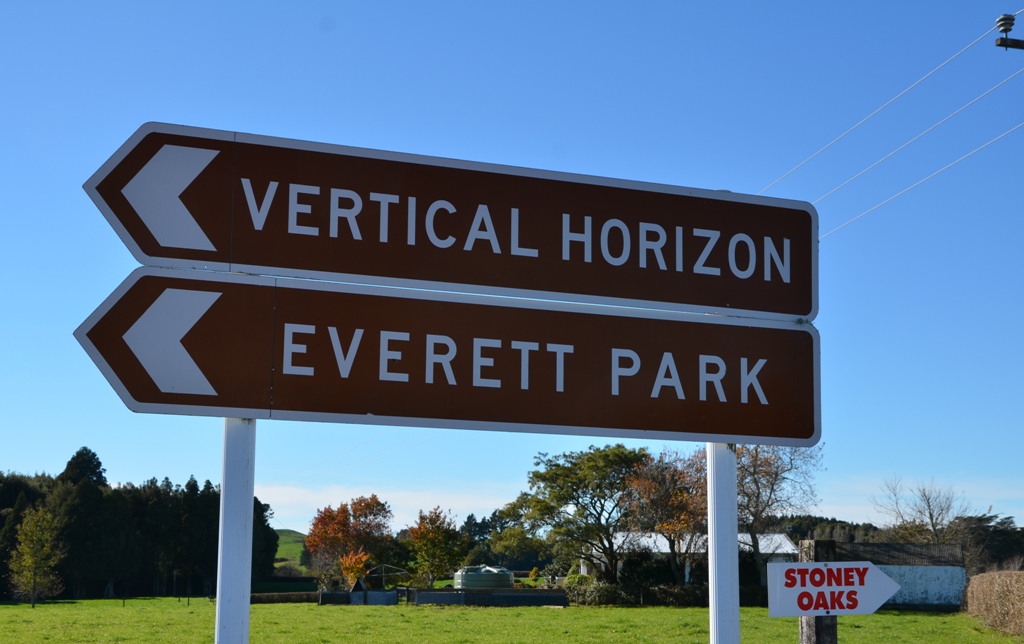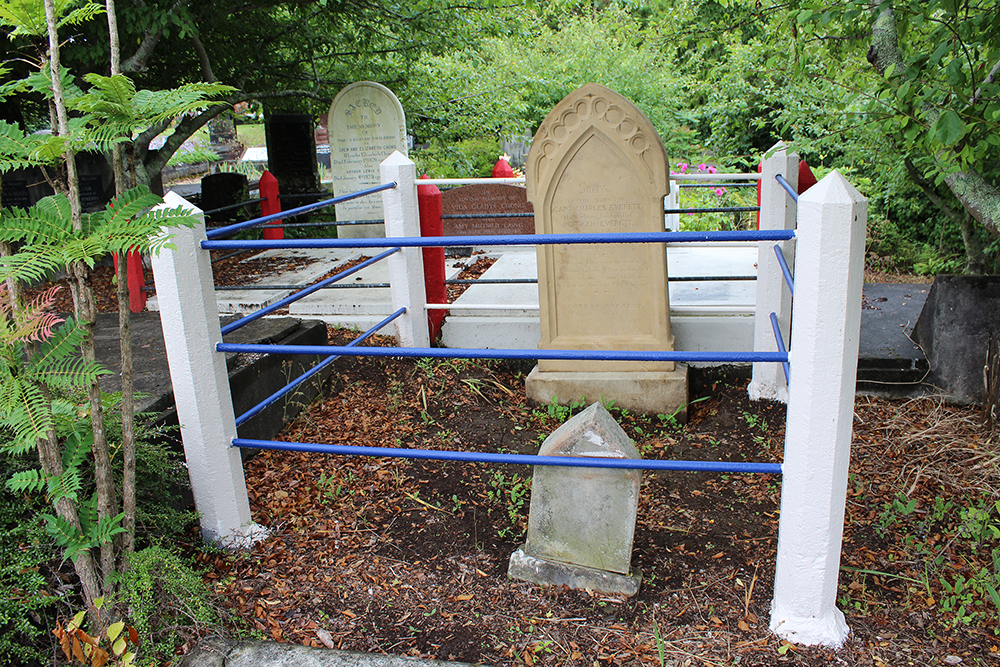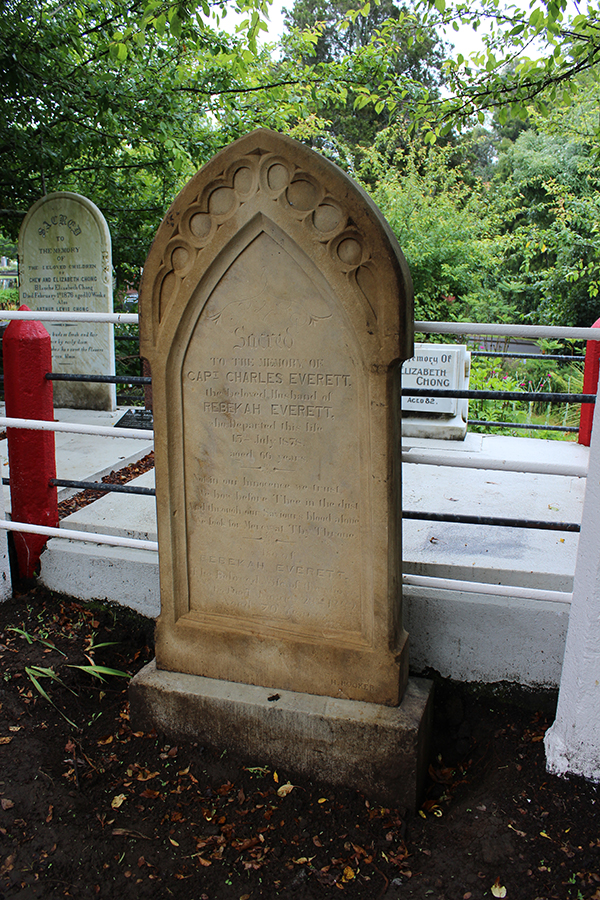







Everett Road will be familiar to many readers who have visited its scenic reserve or stayed at the well-known holiday camp. It is named after Captain Charles Everett, a well-respected early settler and soldier.
Charles Everett (1812-1878) arrived in New Plymouth in August 1852 aboard the Sir Edward Paget. He bought land at Bell Block and was farming there when war broke out in 1860. Everett joined the Taranaki Militia and is recorded as being present in early engagements at Huirangi and Kaihihi. He was promoted to lieutenant in 1863 and then made a captain in 1865. Further recognition of his military contribution came in 1872, when he was awarded the New Zealand War Medal.
Like many soldiers, Everett was granted a piece of land. His was in the Huirangi and Mataitawa districts, designated section 181. The property ran alongside the Manganui River.
Captain Everett died at his residence in Courtenay Street on July 13, 1878, aged 66, and was buried at Te Hēnui cemetery.
His obituary recounted an interesting incident from 1861. While working on his farm he was surrounded by a party of armed Māori. Instead of ordering he be shot, the leader of the party, a Waikato chief, walked up to Everett, removed his neck-tie, and told him to leave. The newspaper's comment provides an interesting insight into the prevailing attitude: "This was an unprecedented act, for up to this time no European's life had been spared; but it shows that the Maoris are not all of that treacherous nature which is so common to attribute to the race."
Intrigued by this story, Everett's brother and Major Stapp went to Waitara where they spoke to a Maori chief, Rewi. He knew of the tale and told them the Waikato chief concerned was named Aparo and had been killed some years before on the East Coast.
This story was originally published in the Taranaki Daily News.
Please do not reproduce these images without permission from Puke Ariki.
Contact us for more information or you can order images online here.